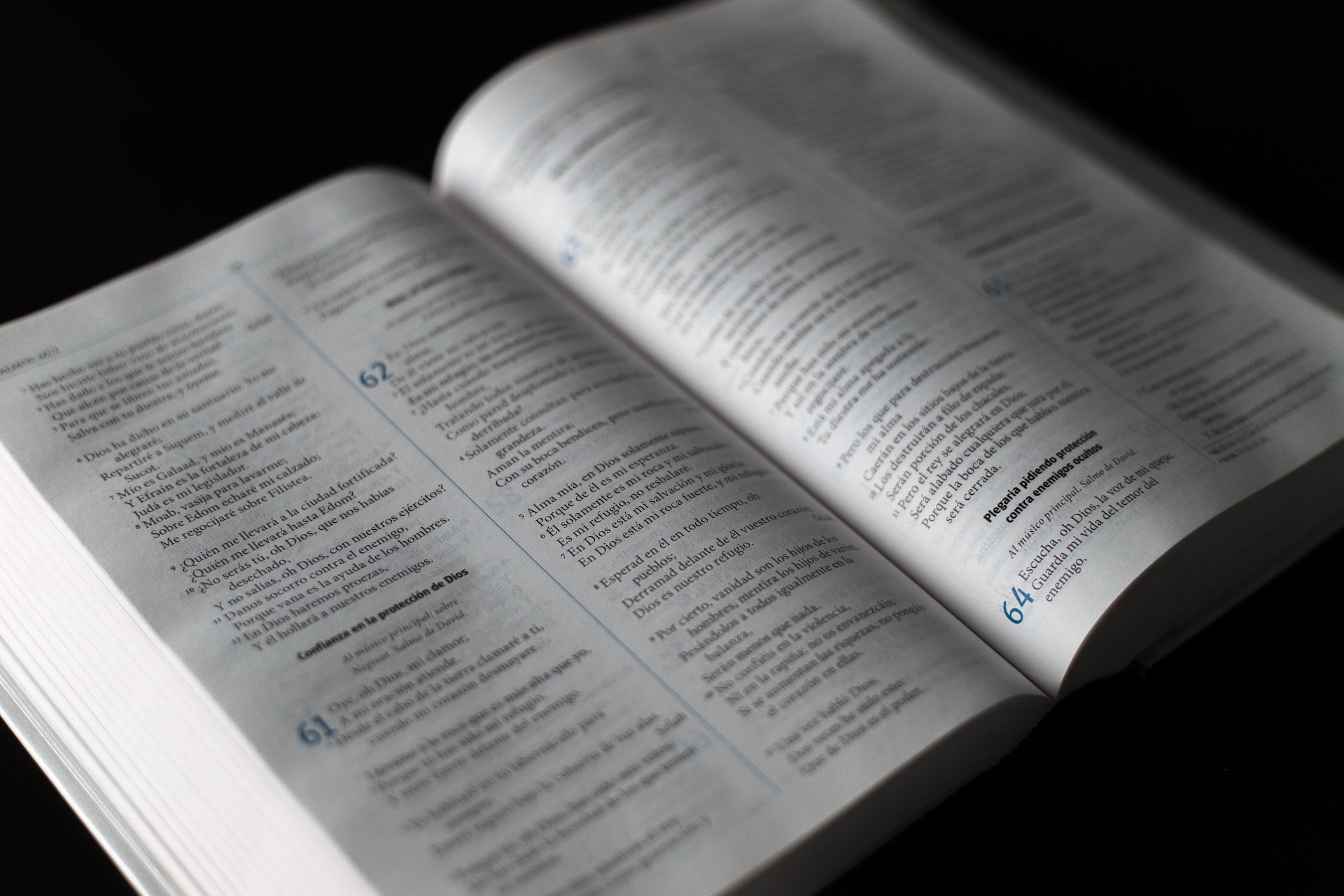“For the essence of prophecy is to give a clear witness for Jesus.” Rev. 19:10 (Holy Bible, New Living Translation). Prophecy is an inspired utterance, given by the Holy Spirit, spoken through a yielded believer and is “given for edification, exhortation, and comfort” of the hearers. 1 Cor. 14:3. Even so you, since you are zealous for spiritual gifts, let it be for the edification of the church that you seek to excel. 1 Cor. 14:12 NKJV
Each of you has a psalm, has a teaching, has a tongue, has a revelation, has an interpretation. Let all things be done for edification. 1 Cor. 14:26. Even if I should boast somewhat more about our authority, which the Lord gave us for edification and not for your destruction, I shall not be ashamed – 2 Cor 10:8. All scripture is given by inspiration of God, and is profitable for doctrine, for reproof, for correction, for instruction in righteousness, 17 that the man of God may be complete, thoroughly equipped for every good work. 2 Tim 3:16-17.
The apostle Paul, after identifying the nine gifts of the Holy Spirit, gave special prominence to prophecy. He pointed out in 1 Cor. 14, prophecy is said to be highly desirable. 1 Cor. 14:1. It’s content may be strengthening to the believers, providing encouragmenet or comfort. 1 Cor. 14:3. Episodes of prophetic utterance described in Acts disclose that prediction of future events may have been included (Acts 21:10-14), but Paul did not employ such foreknowledge to obtain personal guidance. It is generally accepted that simple prophecy is not for direction but may give confirmation of something already given you by God, the Holy Spirit.
The gift of prophecy should be distinguished from the office of prophet. Paul taught that all in the local church may have the privilege of prophesying (1 Cor. 14:31), but not all are considered “prophets” (1 Cor. 12:19). Acts 13:1 discloses that an Antioch prophets were one type of leader in the assembly; evidently those who regularly exercised the gift of prophecy. Paul also made it clear that prophetic utterances were not infallible. They were to come under the judgement of other present in the assembly, presumably to weigh whether or not the utterance agreed with known apostolic teaching. 1 Cor. 14:29. Classical Pentecostals insist that prophetic utterances must come under the judgement of biblical teaching. Just as Paul placed careful limits on prophecy by asserting that the “spirits of prophets are subject to the control of the prophets” (1 Cor. 14:32), so reason and judgment are believed to be required today for the orderly exercise of such a spiritual manifestation.
The prophecies below were given by the Holy Spirit during the worship services of the House of Praise and are provided for your edification. We pray they will be a blessing in your personal life.
WRITTEN PROPHECY PAGES UNDER CONSTRUCTION. Thank you for your patience.

